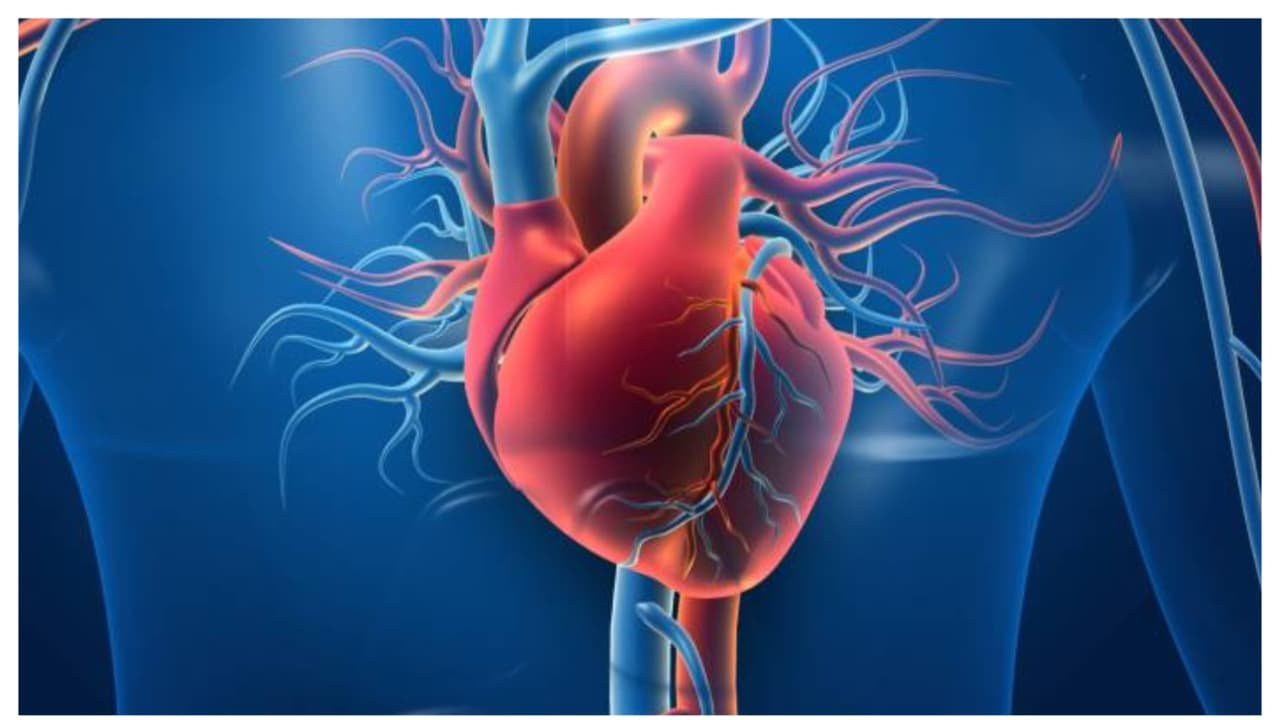After 40, heart health becomes vital as risks of disease increase. With smart lifestyle choices, healthy eating, exercise, and regular check-ups—you can protect your heart and enjoy an active, energetic life.
Turning 40 is a major milestone in life, a stage where experience meets wisdom. However, it’s also the time when our body begins to show subtle signs of aging, and the heart, being our most vital organ, needs extra attention. After 40, changes in metabolism, hormone levels, and daily routines can gradually increase the risk of cardiovascular diseases. Many of these risks can be managed or even prevented through simple yet consistent lifestyle choices.
By adopting healthy habits now, you can strengthen your heart, improve your energy levels, and enhance your overall quality of life. Here are ten practical and effective tips to help you keep your heart healthy well into your 40s, 50s, and beyond.
Eat a Heart-Healthy Diet
Focus on whole grains, lean proteins, fresh fruits, vegetables, and healthy fats like nuts and olive oil. Reduce intake of processed foods, added sugars, and saturated fats.
Stay Physically Active
Aim for at least 150 minutes of moderate exercise each week. Activities like brisk walking, swimming, or cycling help improve circulation and strengthen the heart.
Maintain a Healthy Weight
Excess weight increases the strain on your heart. Monitor your BMI and waist circumference, and make gradual lifestyle changes to reach a healthy range.
Monitor Blood Pressure and Cholesterol
High blood pressure and cholesterol are silent threats. Get them checked regularly and follow your doctor’s advice to keep them in the safe range.
Quit Smoking
Smoking damages blood vessels and raises the risk of heart attack and stroke. Quitting at any age benefits your heart almost immediately.
Limit Alcohol Intake
If you drink, do so in moderation—up to one drink a day for women and two for men. Excessive alcohol can raise blood pressure and harm your heart.
Manage Stress
Chronic stress can elevate blood pressure and heart rate. Practice relaxation techniques such as deep breathing, meditation, or yoga.
Get Enough Sleep
Aim for 7–9 hours of quality sleep each night. Poor sleep affects blood pressure, metabolism, and heart health.
Stay Hydrated
Adequate water intake supports healthy blood flow and prevents unnecessary strain on the heart.
Schedule Regular Check-Ups
Annual health screenings help detect risk factors early, allowing timely action to prevent complications..
